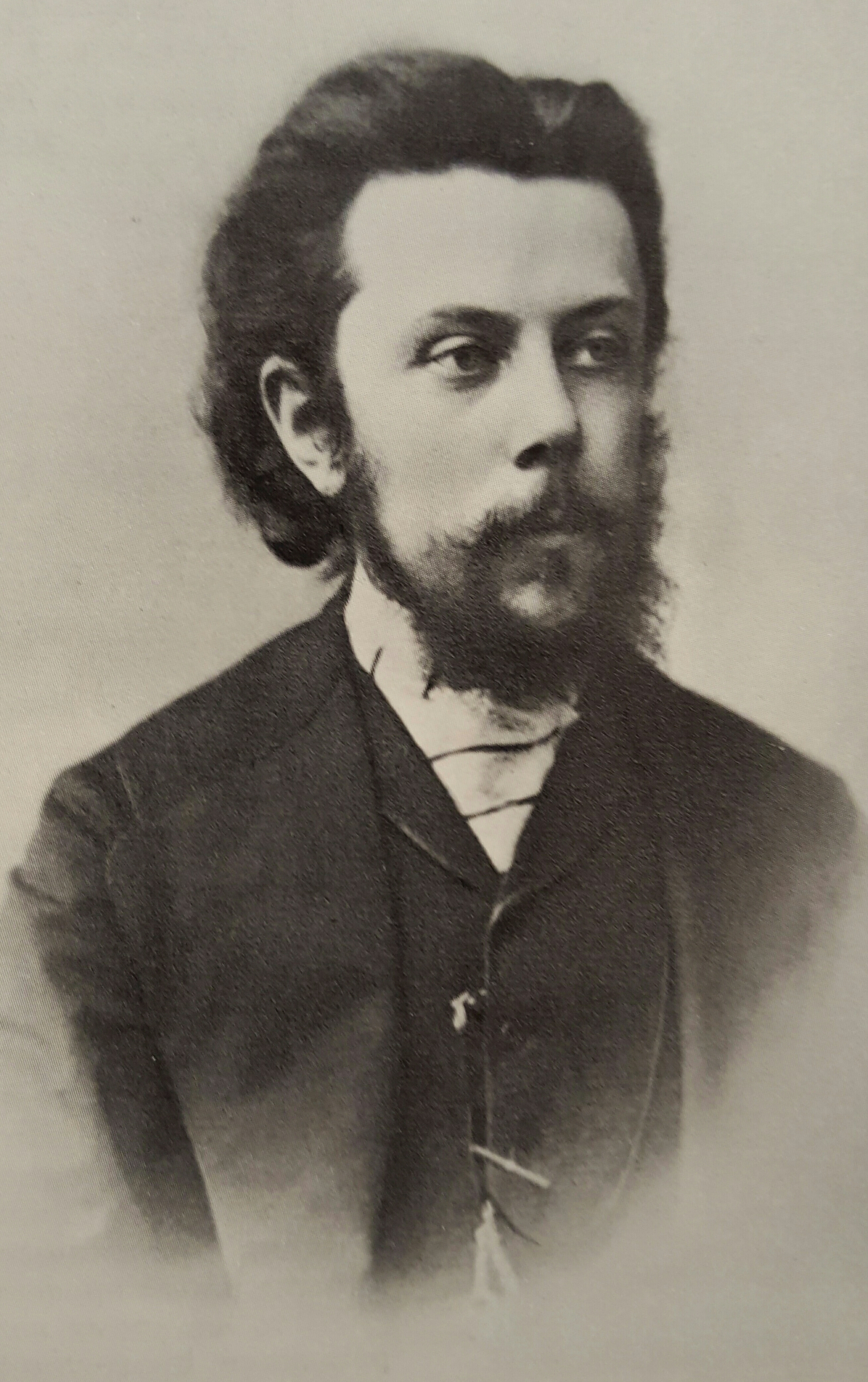Mussorgsky, Modest, << moo SAWRG skee or MOO sawrg skee, moh DEHST >> (1839-1881), a Russian composer, was one of the most original composers in the history of Russian music. Mussorgsky was an undisciplined genius with powerful ideas rather than a polished style. He introduced bold and unusual features into his work.

Mussorgsky’s place in music rests primarily on his operas and songs. His Boris Godunov (1874) is often considered the greatest Russian opera. This opera reflects the composer’s interest in native themes and the Russian people. Mussorgsky was a fine singer and pianist and wrote many works for solo voice and for piano. As a song composer, his style ranges from lyrical romances to realistic songs. A number of his realistic songs are set to texts he wrote after observing incidents from everyday Russian life. In these songs, Mussorgsky showed a special gift for creating an appropriate vocal line for the rhythms and inflections of Russian speech. His major contribution to piano literature is Pictures at an Exhibition (1874). This work is also performed in a version orchestrated in 1922 by the French composer Maurice Ravel.
Loading the player...Pictures at an Exhibition
At the time of his death, Mussorgsky left several unfinished works, including the operas The Marriage (Act 1 only, written 1868), Khovanshchina (written from 1872 to 1880), and The Fair at Sorochinsk (written from 1874 to 1880). Other Russian composers, particularly Mussorgsky’s friend Nikolai Rimsky-Korsakov, completed his scores for performance. They corrected features they considered crude by revising much of the music, especially the harmonies and orchestration. The orchestral work Night on Bald Mountain (1886) came from Rimsky-Korsakov’s reworking of music that had been incorporated into The Fair at Sorochinsk. Rimsky-Korsakov’s versions of Khovanshchina and Boris Godunov have most often been performed. Mussorgsky was born in Karevo, near Pskov.
Loading the player...Night on Bald Mountain by Modest Mussorgsky
